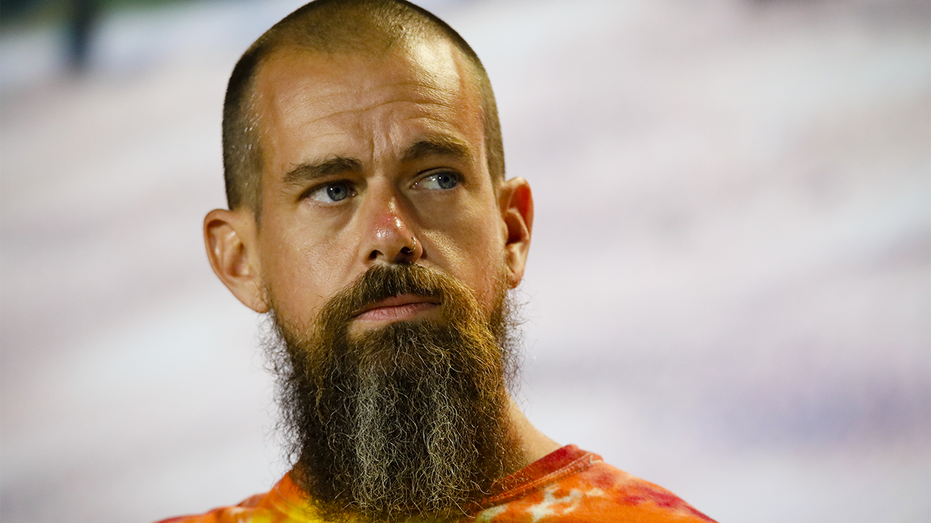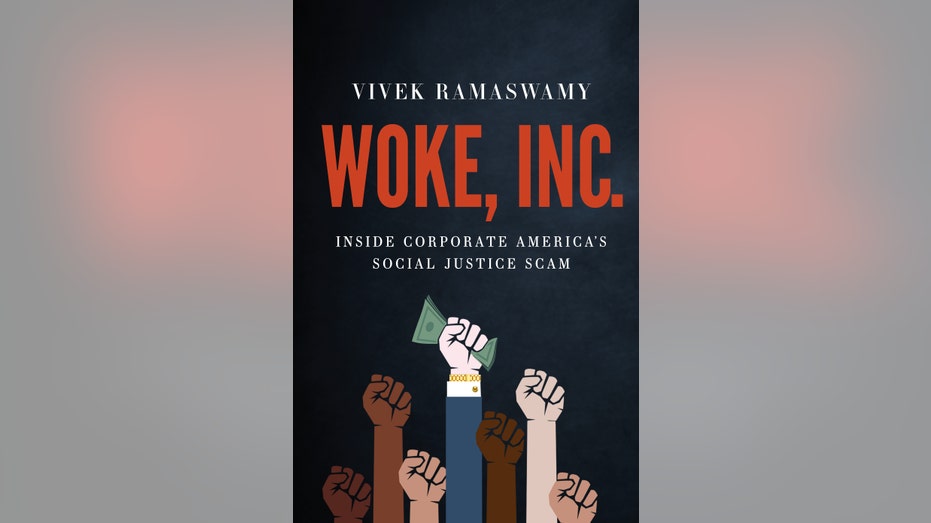Twitter CEO Jack Dorsey steps down -- four reflections on his decision from a tech entrepreneur
Dorsey didn’t really run Twitter by the end of it. The woke mob did
Ramaswamy says new Twitter CEO will push more 'draconian censorship'
Author of 'Woke, Inc.' Vivek Ramaswamy on Jack Dorsey stepping down and what this means for the future of Twitter.
First, I don’t agree with many of Jack Dorsey’s personal views or the decisions made by Twitter under his leadership as CEO, but speaking as an entrepreneur, I immensely respect what he was able to build. It’s sufficiently difficult to build a single multibillion-dollar company (believe me, I know). Jack is among the rare group of founders who has done that not just once, but twice. As a sheer builder of companies, he has accomplished more than I have. Disagreements aside, I will respect that on the day when he steps down.
TWITTER CEO JACK DORSEY TO STEP DOWN
Second, when you’re worth over $10 billion, you don’t want to have a boss. Most people assume that as founder, Chairman, and CEO of a large company like Twitter, you don’t have a boss. But for a modern social media company like Twitter, here’s the dirty little secret: you do. It’s the ruling party in power in the United States.

FILE – Jack Dorsey, co-founder and chief executive officer of Twitter Inc. and Square Inc., listens during the Bitcoin 2021 conference in Miami, Florida, U.S., on Friday, June 4, 2021. The biggest Bitcoin event in the world brings a sold-out crowd of ( Eva Marie Uzcategui/Bloomberg via Getty Images / Getty Images)
Dorsey said today that he wanted Twitter to be "the most transparent company in the world." Even though there’s nothing about the company’s behavior over the last few years that suggests this is true, part of me believes that he means it.
TWITTER CO-FOUNDER JACK DORSEY: HITS & MISSES
It’s likely that at the time he founded the company, he wanted it to promote free, unfettered, uncensored discourse on the internet. But today, Dorsey’s bosses are invisible. They include a new culture that penalizes dissent; government actors who use threats and inducements to accomplish censorship through the back door that government could not effectuate through the front door.

Book cover of Woke Inc. by Vivek Ramaswamy
See how many times Dorsey was threatened over just the prior year alone about retribution for failure to control "hate speech" or "misinformation." He complied, but at this stage of his career, maybe he just got tired of it. Dorsey didn’t really run Twitter by the end of it. The woke mob did, along with its henchmen in positions of government authority.
Third, recall when Sergey Brin and Larry Page stepped aside from Google, promoting Sundar Pichai to the role of CEO of Google in August 2015. That was during the calm before the storm of the modern internet.
GET FOX BUSINESS ON THE GO BY CLICKING HERE
Brin and Page likely knew that turbulent social waters were ahead – in the United States, in China, in the decisions that companies like Google would have to make in compromising the company’s once lofty commitments to a free and open internet by transforming itself into a threat to that very ideal; a company that would morph from being one that fostered an open marketplace of ideas amongst its workers to one that now fires engineers for saying the wrong thing in public (see what happened to James Damore in 2017 for his benign comments about gender diversity, for example).
'Woke, Inc.' author Vivek Ramaswamy: America needs a ‘cultural cure’
Entrepreneur and ‘Woke, Inc.’ author Vivek Ramaswamy on potential legal arguments against corporations pushing ‘wokeness’ on their employees.
Pichai was in many ways the "fall man" for Larry and Sergey ahead of those thorny issues arising for the company. Meanwhile, Brin and Page left the situation as multibillionaires who could afford to ghost the rest of society, simply because they can (recall their deliberate decision to turn up absent when subpoenaed to testify before Congress). Perhaps Dorsey learned a quiet lesson from Brin and Page – and perhaps that portends the challenges ahead for Twitter.
Fourth, where will Twitter go from here? The company will be led by a technocrat who, like Pichai at Google, is unencumbered by even the appearance of idealism around concepts like free speech or a free and open internet – since these technocrats were never themselves the founders who ever waxed eloquent about such ideals at the company’s inception.
They’re free to carry out the dirty work of censorship and quashing political dissent without being subject to the allegations of hypocrisy in the same way as an internet company’s original founder naturally would.
CLICK HERE TO READ MORE ON FOX BUSINESS
That’s Facebook founder Mark Zuckerberg’s problem today – he once actually claimed to care about free speech and open debate, so he can rightly be called a hypocrite – something that simply isn’t true about hired hands who graduate through a bureaucracy to become a CEO (see figures like Tim Cook, Sundar Pichai, and now Parag Agrawal).
These technocrats will never be subject to that criticism in quite the same way, because they were never seen as founding idealists in the first place.
Once he’s retired, Dorsey will relieve himself of the allegation of hypocrisy for engaging in political or social censorship – since it will simply be someone else’s decision instead.
Vivek Ramaswamy is a successful entrepreneur and New York Times bestselling author of "Woke, Inc.: Inside Corporate America’s Social Justice Scam."






















